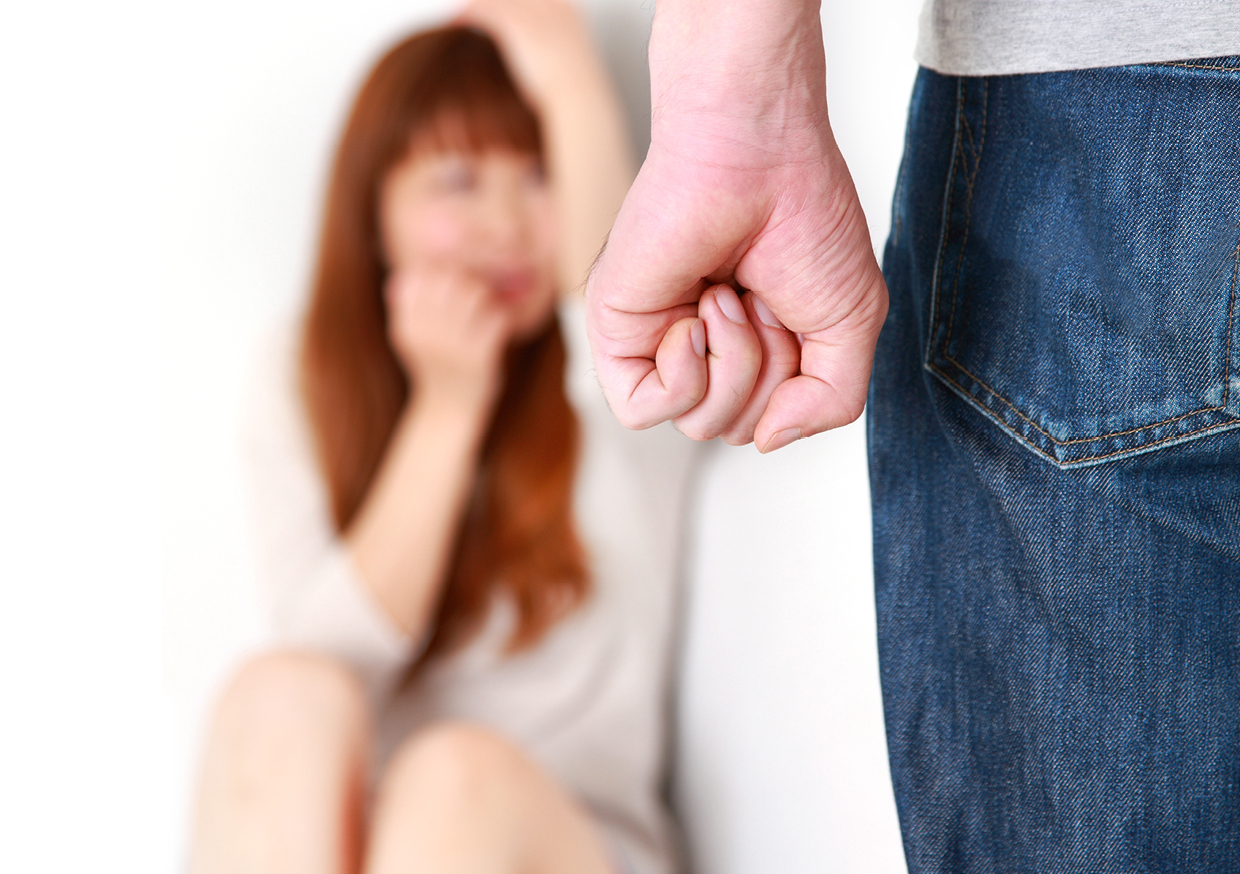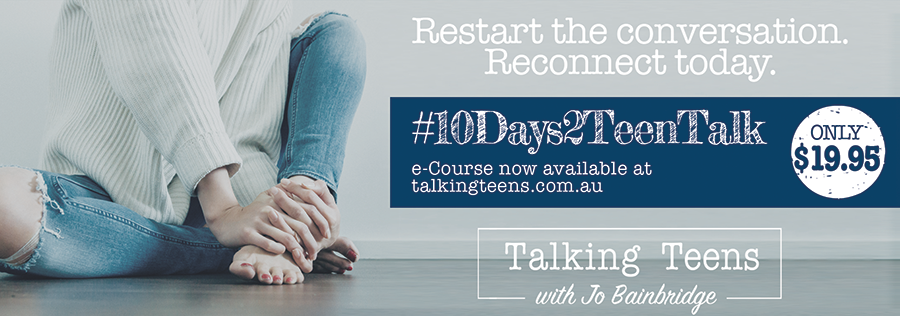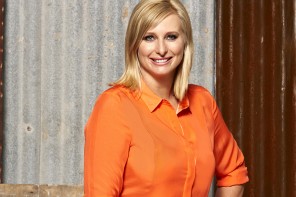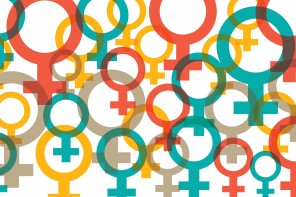
45. That’s the number of women killed so far this year as a result of domestic violence.
At least, that’s the number at the time this publication went to print. It’s likely to be higher now, as this figure continues to grow weekly.
For many of us, the realities of domestic violence are not a part of our daily lives. We abhor domestic violence. We voice our despair and sorrow for victims whenever we see a news report of yet another death at the hands of someone’s supposed “loved one”.
And we presume this underlying sense of disdain for domestic violence will trickle down to our children. “Surely they can see how wrong this is?”
Perhaps we believe because there’s no violence within our own homes, that we don’t need to overtly talk to our children about this topic. They’ll just know. Right? They’ll always know where to “draw the line”?
Apparently not. According to former Democrats Leader Natasha Stott Despoja, role modelling good relationships in your home is not enough to prevent your child from becoming another statistic.
A long time campaigner for gender equality and Australia’s Ambassador for Women and Girls, Stott Despoja is now chair of Our Watch, an organisation working towards ‘an Australia where women and their children live free from all forms of violence’.
Recent results from an Our Watch survey highlighted alarming attitudes about gender, sexual consent and violence against women among young people. Attitudes which may shock and contradict many parents’ beliefs.
The unsettling results
The survey of 3000 young people, aged 12 to 24 years, found the following:
16-24 year olds are more likely to excuse domestic violence than other age groups.
One in four young males believe controlling and violent behaviours are signs of male strength.
One in three young people think exerting control over another person is not a form of violence.
One in four young people don’t think it’s serious if a guy, who’s normally gentle, sometimes slaps his girlfriend when he’s drunk and they’re arguing.
A quarter of young people think pressure for sex and male verbal harassment are normal.
Silence is no longer an option
Stott Despoja said the Our Watch survey highlights the fact parents aren’t openly talking to their children about relationships and sex. She believes parents could have a much stronger influence over their kids’ future relationships if they start talking now, to clearly articulate the message that violence doesn’t belong in loving relationships.
Given today’s domestic violence excusers are potentially tomorrow’s perpetrators and victims, she wants parents to incorporate this issue into family conversations. Because if our children don’t hear this message from us, then potentially all they may hear is dubious information from dubious sources.
Role modelling good relationships in your home is not enough to prevent your child from becoming another statistic.
Education is key
The issue is further compounded for children living in highly dangerous situations, such as with an abusive parent. These children are often not even aware there’s anything wrong with a physical show of anger in the home. For this reason, Stott Despoja also feels strongly about domestic violence education being taught in schools.
“Beyond basic anatomy and talk of STIs, relationship education is not covered adequately through the education system,” she said.
What is clear is that young people form views about what is and isn’t acceptable in relationships long before they ever enter one. We also know that children actually do want to know about boundaries in relationships.
“Young people desperately want information and guidance from people they look up to, especially parents and teachers,” said Stott Despoja.
“Instead, they get information from their friends, pornography, media and popular culture role models. These settings can perpetuate gender stereotypes and condone and encourage violence.”
The role of social media
In an effort to counter this, Our Watch recently launched a large-scale initiative called The Line, a social marketing campaign focused on changing youth attitudes and behaviours that condone, justify or excuse violence against women.
Stott Despoja said the campaign aims to help teens work out where their ‘line’ is on violence, gender inequality, sexual consent, relationships and use of technology.
“Through online articles, resources and a social media campaign The Line will challenge rigid gender roles, gender inequality and sexism, and encourage young people to break the cycle of violence,” she said.
The campaign’s website www.theline.org.au and facebook page contain videos, tip sheets, quizzes and information to help young people work out where they stand on violence and gender stereotypes.
It also understands the dangers to victims, and is cleverly designed with a ‘panic button’ that redirects the page immediately to a Google search, to escape prying eyes and avert danger.
Young people form views about what is and isn’t acceptable in relationships long before they ever enter one.
The ‘real man’ myth
The Line also aims to debunk gender stereotypes, which are often ingrained in children from a very early age – think ‘boys don’t show emotion apart from aggression’, or ‘girls should know their place’. To do this, they’ve enlisted the help of strong male role models as ambassadors for The Line.
Among the ambassadors is Sydney Swans footballer, Luke Ablett, who is targeting his message at sporting clubs. He wants young men to know they don’t have to be ‘the big, tough, aggressive guy’ all the time.
“We know that men’s violence against women, including family violence and sexual assault, is caused by gender inequality and adherence to stereotypical gender roles,” Mr Ablett said.
“So, while these steps for sporting clubs might seem small and easy, they can have serious benefits in later life for the way that men and women interact with and respect each other”
by Juliet Pannozzo, the Editor of Communications at Mum Media Group, a digital media channel of seven magazine style sites, aimed at Australian women. Juliet lives in Adelaide with her husband and two young children and is passionate about gender and humanitarian issues.
For more information on survey results and The Line project, visit www.theline.org.au
To read more on Juliet’s personal response to this issue, visit www.mumslounge.com.au
If you or someone you know is impacted by sexual assault or family violence, call 1800RESPECT on 1800 737 732 or visit www.1800RESPECT.org.au
In an emergency, call 000.








